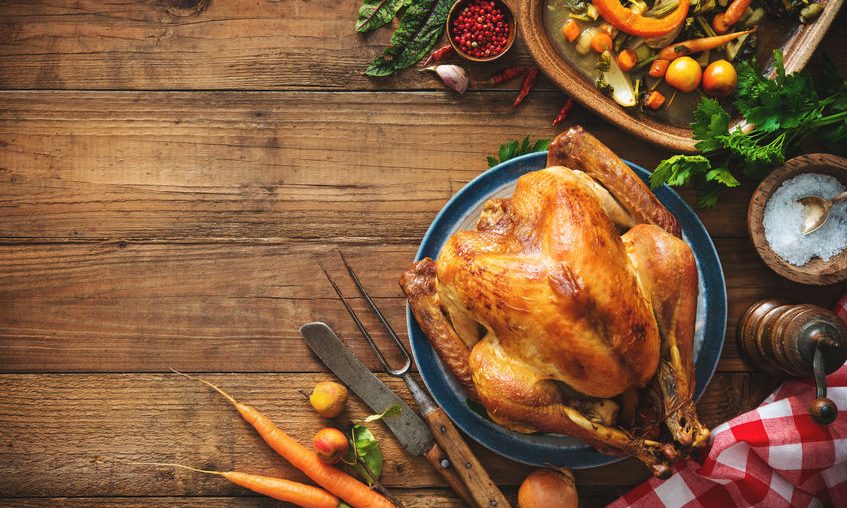Protein Digestion Basics
By Kari Barronin Lifestyle
Do you need a nap after big holiday meals? You aren’t alone. Not that we regularly look to Dunkin Donuts for survey information, but they did a study in November of 2009 and found that of those surveyed, a whopping 58% of adults will nap on Thanksgiving Day!1 Why is there so much napping going on? All of that feasting needs energy for digestion.
About 10% of your body’s daily expenditure of energy is for digestion. “Protein takes the most energy to digest (20-30% of total calories in protein eaten go to digesting it). Next is carbohydrates (5-10%) and then fats (0-3%).”2 You may not be eating meat but digestion of any protein takes a lot of energy. There are a few things you can do to help preserve energy for more than just digestion. Soaking seeds and nuts prior to eating them, properly chewing your food, and taking enzymes to aid in the breakdown of food can protect your energy reserves.
Nuts, grains and legumes contain phytic acid and enzyme inhibitors. “When eating nuts that haven’t been soaked, the phytic acid binds to minerals in the gastrointestinal tract and cannot be absorbed in the intestine and too many bound minerals can lead to mineral deficiencies.”3 Soaking nuts, grains and legumes breaks down the phytic acid and allows the enzymes to do their jobs.
Chewing your food completely is vitally important for proper digestion. Chewing does a number of things. It breaks down the food into smaller particles. It gets the salivary glands engaged and the stomach enzymes prepared to disintegrate your food so the cells of your body can absorb and utilize the various nutrients. Many people use a blender to breakdown nuts, veggies and fruit to drink them. The food is definitely broken into smaller particles but without chewing, salivary glands and stomach enzymes aren’t engaged completely. Try chewing your smoothies for maximum digestion.
Taking enzymes is another way to maximize digestion. Enzymes break down food particles through chemical reaction. Different enzymes are utilized by the body to break down different types of food. When you are sitting down to a big meal that contains a lot of protein, your body needs to utilize pepsin. This specific enzyme is produced by the stomach lining in humans and animals. Some people need to supplement with pepsin if their body isn’t producing enough for the amount of protein they are consuming – think high protein ketogenic diets. The heavy protein load may not be broken down enough and might enter the bloodstream prior to complete digestion. “Small amounts of pepsin enter the bloodstream, where it breaks down some of the larger, or still partially undigested, fragments of protein that may have been absorbed by the small intestine.”4
Remember to soak your seeds and nuts, chew your food, and stock up on pepsin now. Enjoy your holiday meals and keep these simple tips in mind so you aren’t forced to sleep your holiday away.
Science references do not infer an endorsement of our products. They are for information purposes only.
2 https://www.precisionnutrition.com/digesting-whole-vs-processed-foods
4 https://www.britannica.com/science/pepsin
This information is not intended to replace a one-on-one relationship with a qualified Health Care Professional and is not intended as medical advice. It is only intended to share the knowledge and information from the research and experience of Burt Goulding and his associates. Be encouraged to make your own health care decisions based upon your research and in partnership with a qualified Health Care Professional.
